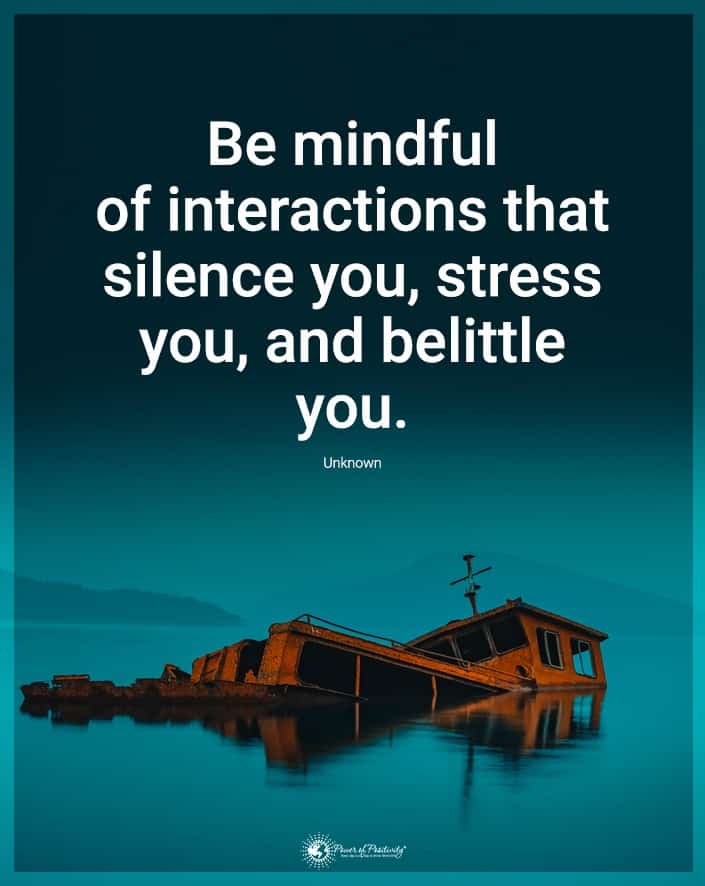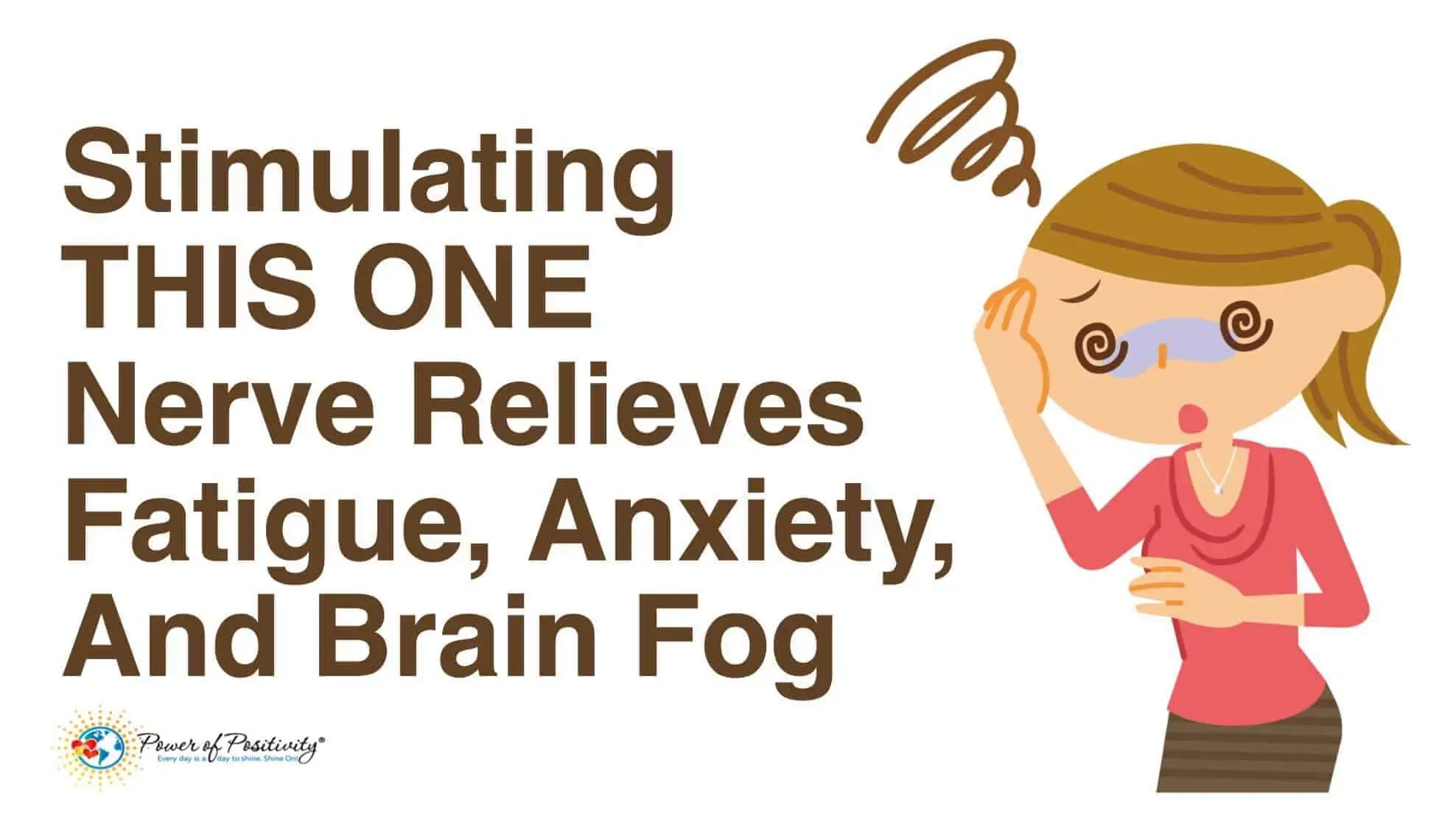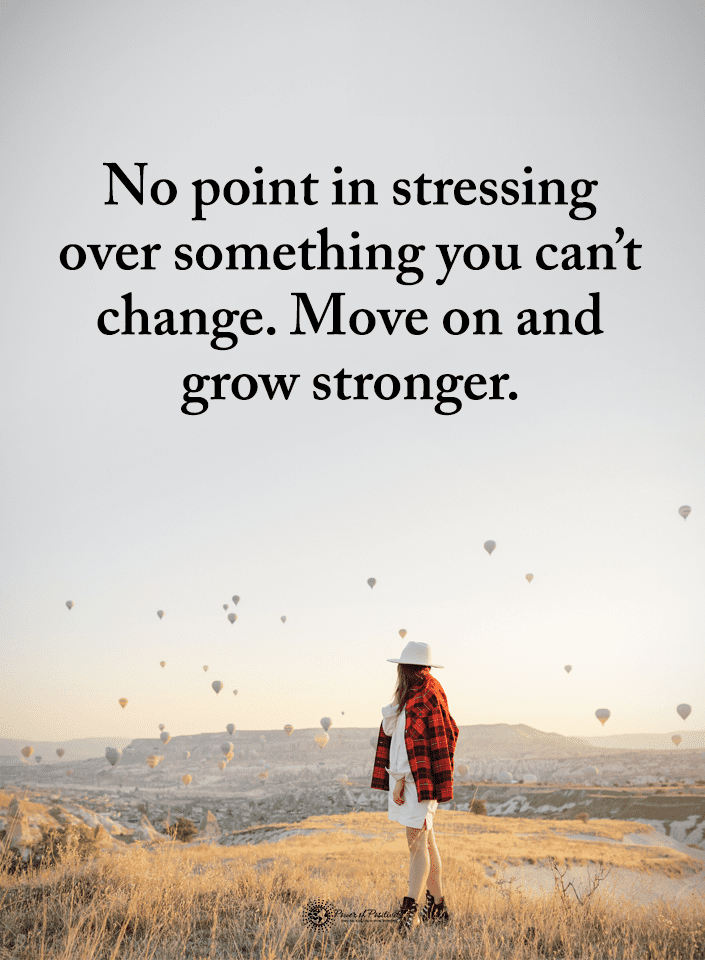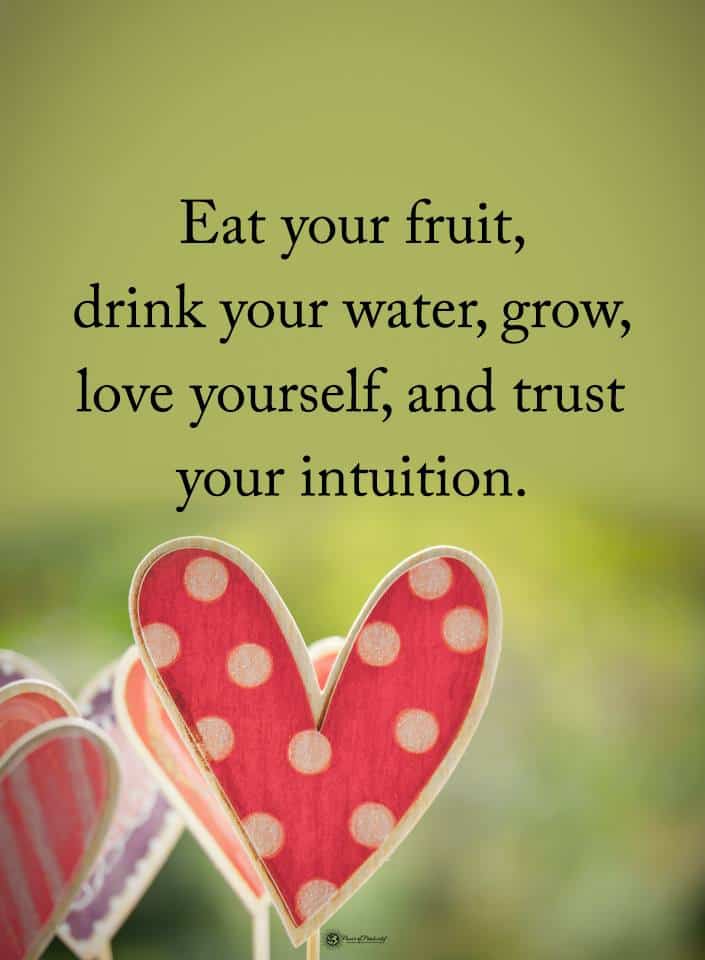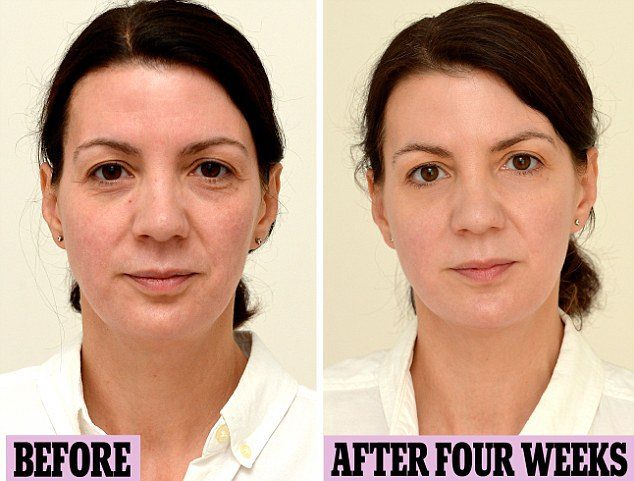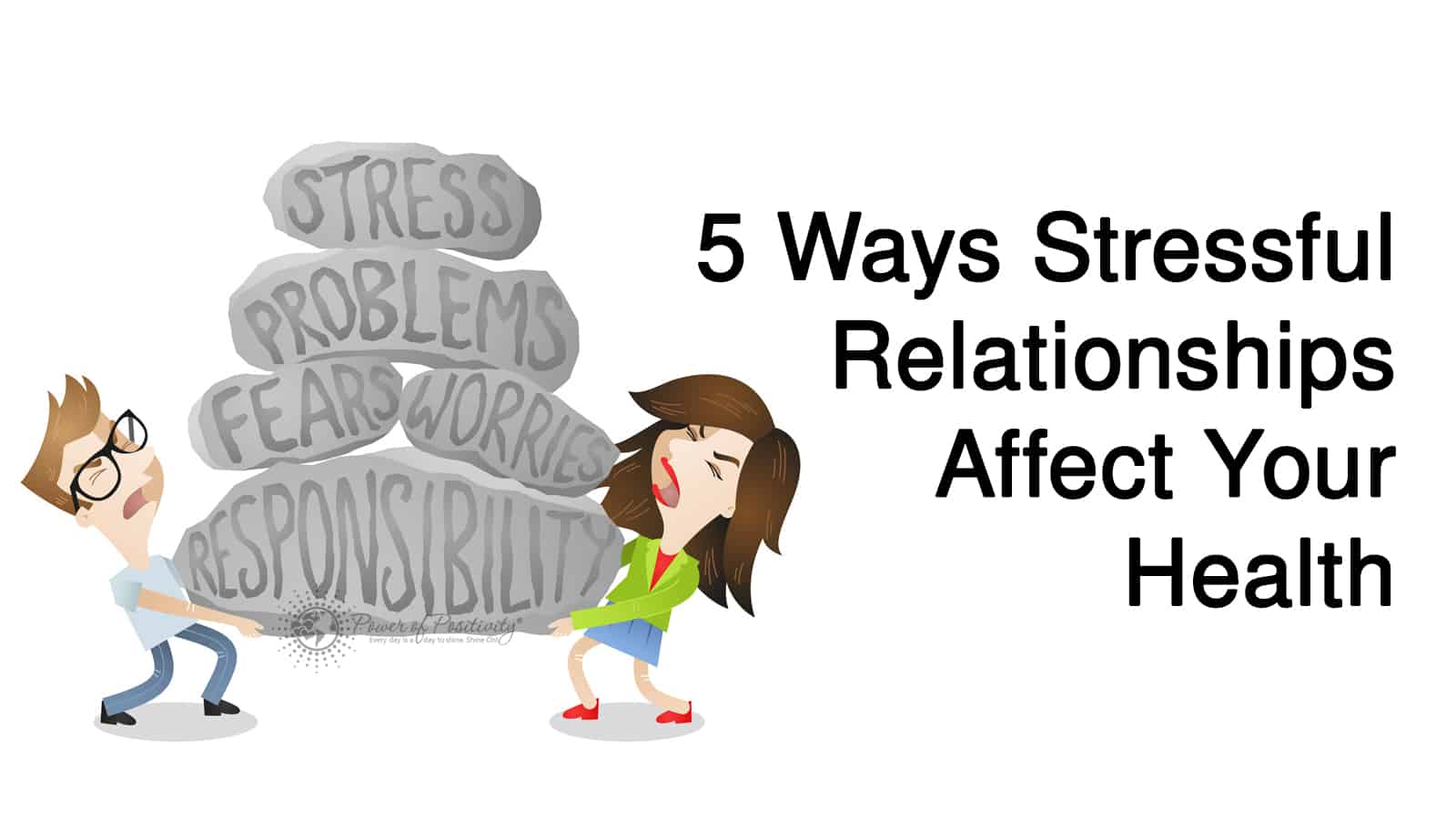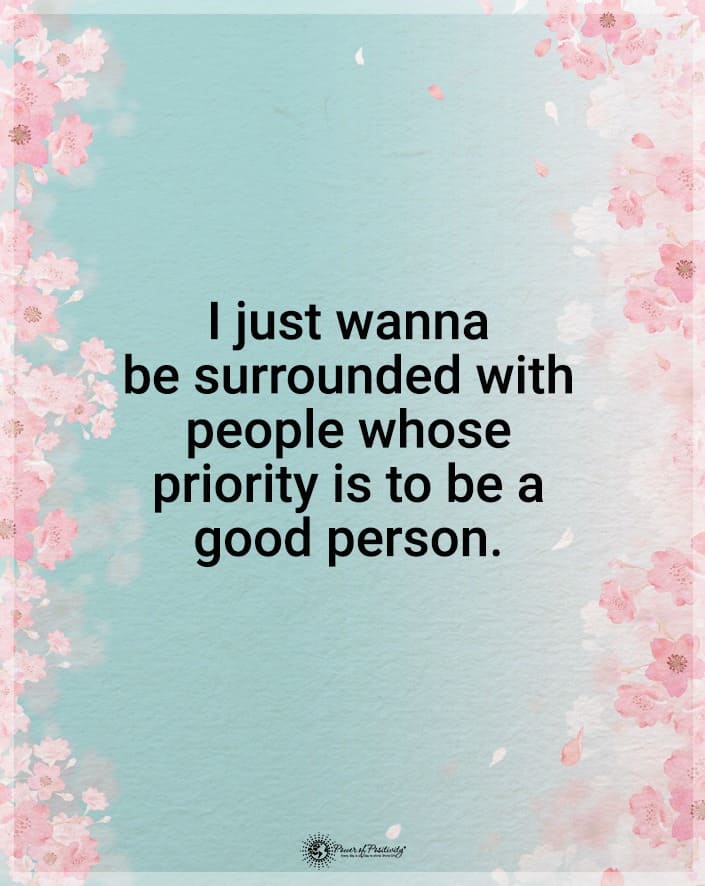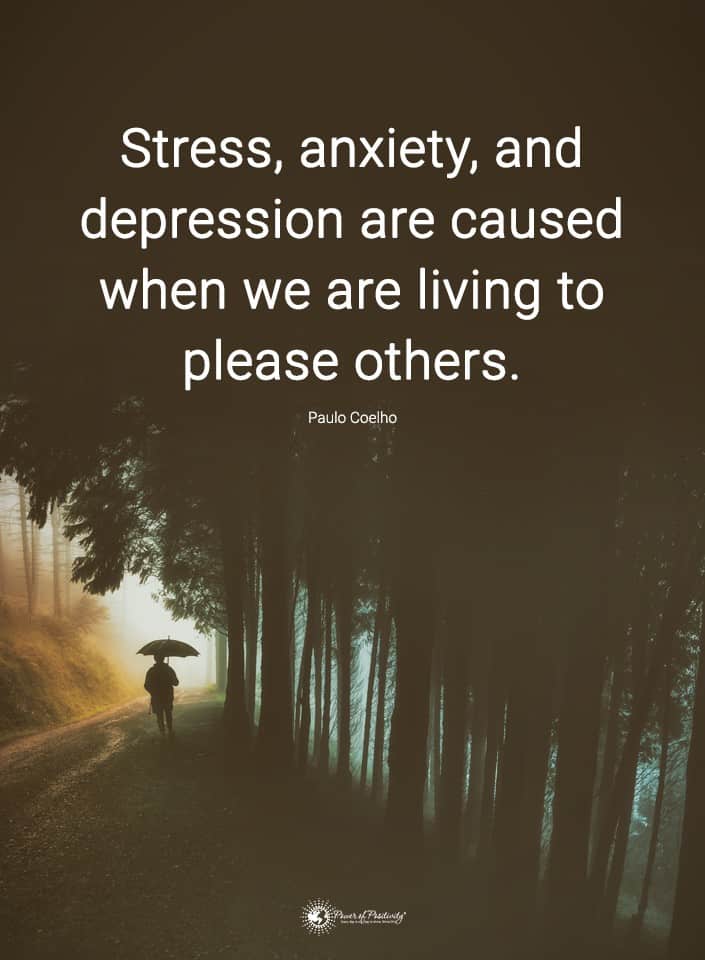Your relationship has been a bit rocky lately, but it’s not like your partner has lost interest in you…or have you just missed the warning signs? Worrying about the stability and security of your relationship is not something that people in healthy relationships deal with.
If you have concerns, your fears may or may not be founded in reality. Although we have the 11 signs that your partner has lost interest below, you may need to have a heart to heart with your partner about your feelings to really be sure about their plans to continue in the relationship.
11 Signs Your Partner Has Lost Interest
“How will I know if he really loves me?” – Whitney Houston
1. Your partner has been a little selfish lately
You always seem to be eating your partner’s favorite meals and watching their favorite shows, but where is the consideration for what you love? If your partner has lost interest, you will start to notice this sign, feeling like your needs and desires are second place to those of your partner.
Researchers studying relationship breakups found that imbalances in power in the relationship, for example, where one partner controls all of the activities, are connected to relationship conflict, unhappiness, psychological distress, and breakup.
2. You feel like you’ve done something wrong
You can feel like apologizing when your partner has lost interest, but you’ve done nothing wrong. Maybe it’s the silent treatment your partner is giving you, or the disapproving looks that you’ve seen them send your way, but you feel like you did something wrong.
Loss of interest can be like an infected wound that grows into something worse; contempt. When we no longer care for the well-being of the people in our daily life, we can grow angry and resentful in their presence, which expresses itself as a negative emotion toward the unwanted person.
3. You used to be included in your partner’s social activities
Your partner has stopped including you in the fun things they do with friends when they are away. For that matter, you aren’t being included in family get-togethers either. Whatever your partner is doing without you, it’s clear that they have lost interest in doing it with you.
4. They don’t have time for you
If your partner has ever told you that they don’t have time for you, it might have made you feel like the lowest person on Earth. This is definitely an unfeeling way to treat the person that they supposedly love.
5. You have been disrespected by your partner
Your partner used a vulgar gesture or language toward you, belittled you in front of others or even in private. Their words are hurtful, angry, and anything but kind and loving.
6. You argue more often
You rarely used to fight, but now it seems like your partner has lost interest in everything with you except for arguing.
7. You have asked them to change their negative behavior, but they have not done anything different
It would be nice if your partner would treat you the way you have asked them to treat you, but clearly they have no interest in changing their behavior for you at this point in your relationship.
8. You’ve lost that loving feeling
Not you toward your partner, but your partner sure isn’t giving you love that is meaningful to you. You can’t remember the last time you were held and comforted, cuddled, or treated with loving kindness.
For that matter, your partner is not supporting you when you need them.
9. You suspect that they are keeping things from you
Emotional cheating, withholding information, or outright lying and physical cheating; you suspect that something has been going on behind your back.
10. There have been no signs of making a commitment
They’ve never asked you to be a monogamous partner, expressed a desire to take the relationship to the next level or proposed to you. The fact that you aren’t getting signals of wanting to stay in a committed relationship from your partner is not a good sign of continued interest in you as a romantic partner.
Researchers studying the factors that predicted breakups found that the more ‘commitment and love individuals experienced toward their relationship partner, the less likely they were to end the relationship.’ Commitment is a good sign that your partner has not lost interest, but there may be a reason to worry when your partner has failed to show a commitment to you.
11. There are no future plans that include you
You know about at least one event in the future that your partner is planning for and that does not include you. Your partner should want to include you in their future, unless they’ve lost interest, which this sign might indicate.


